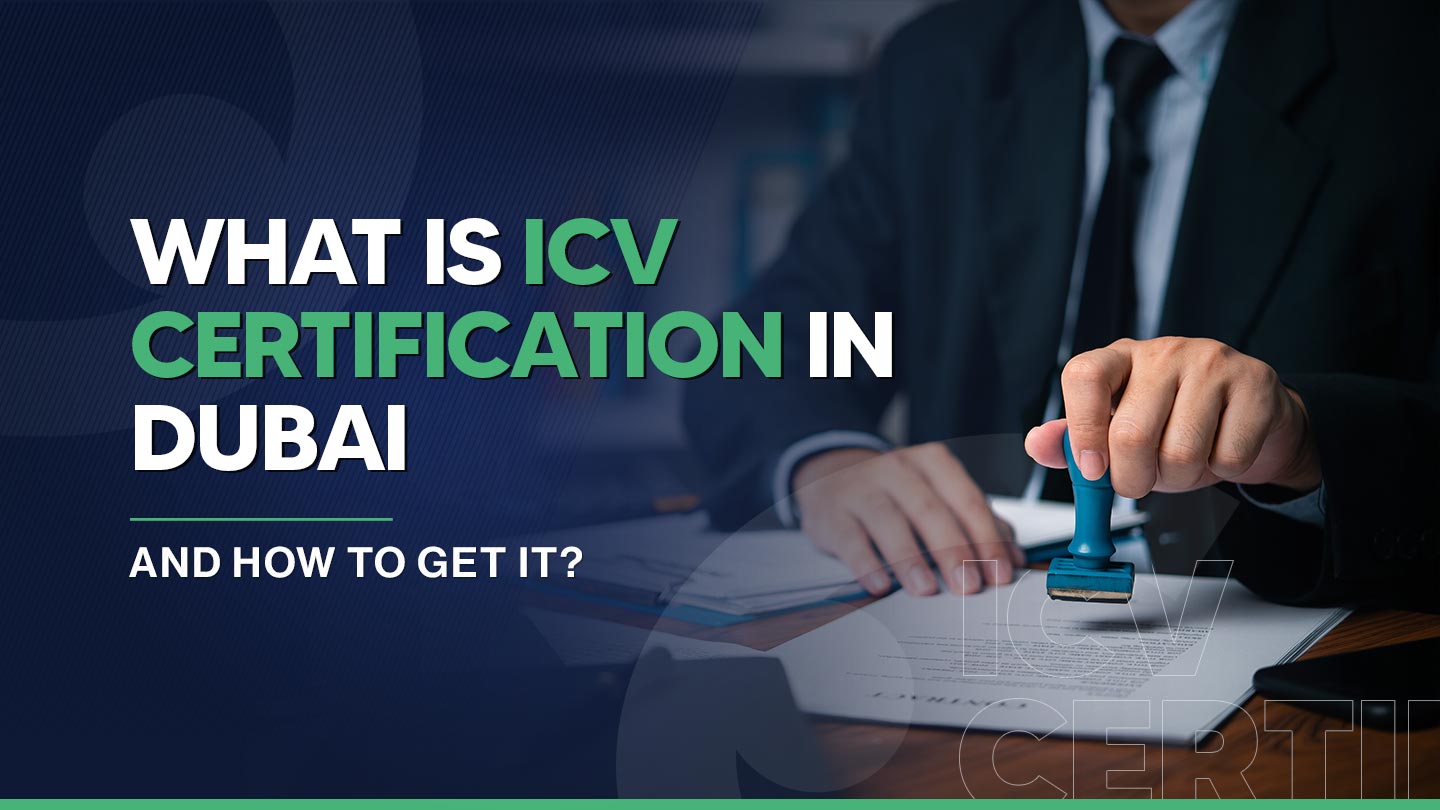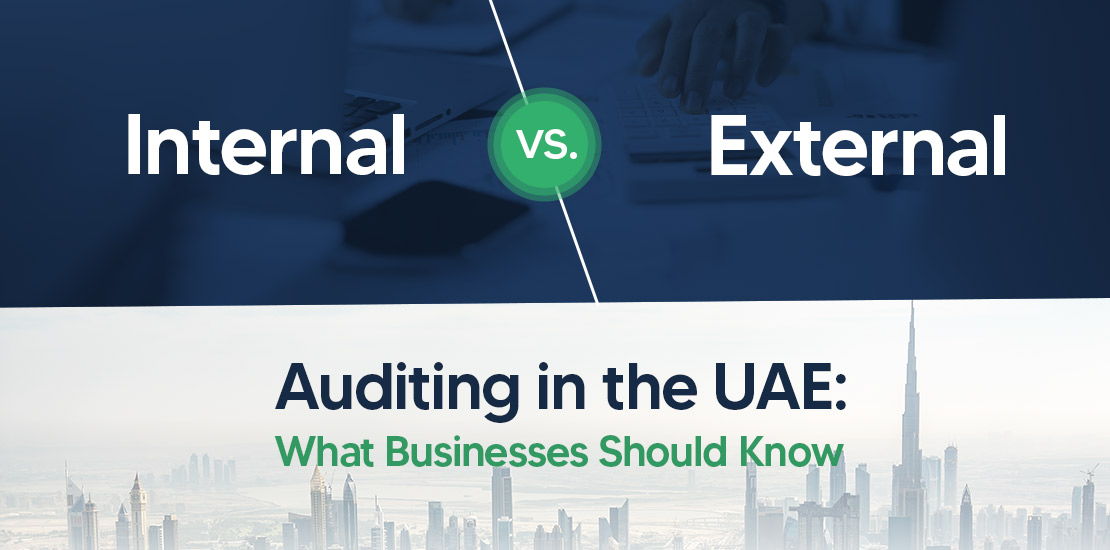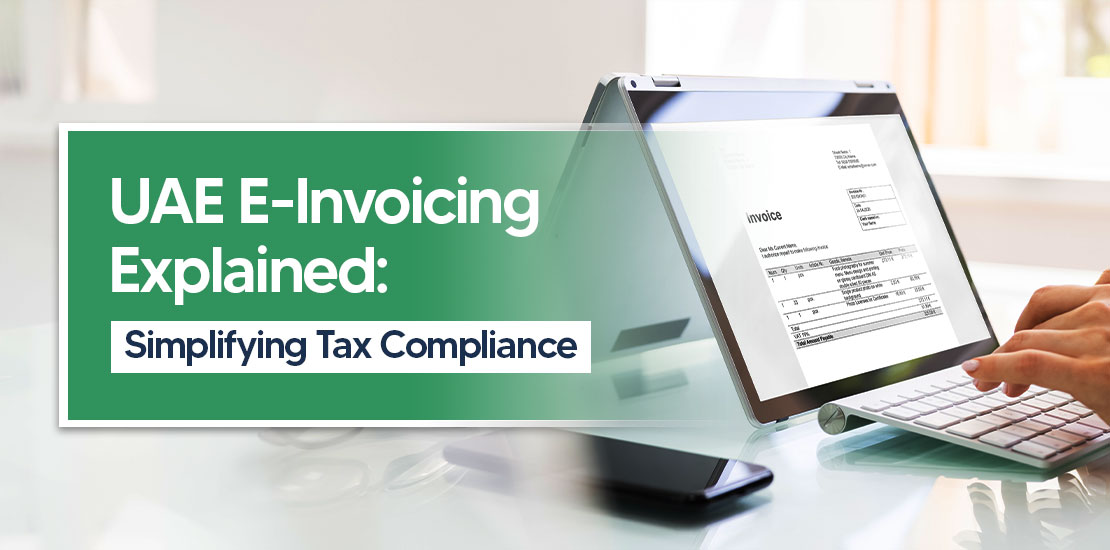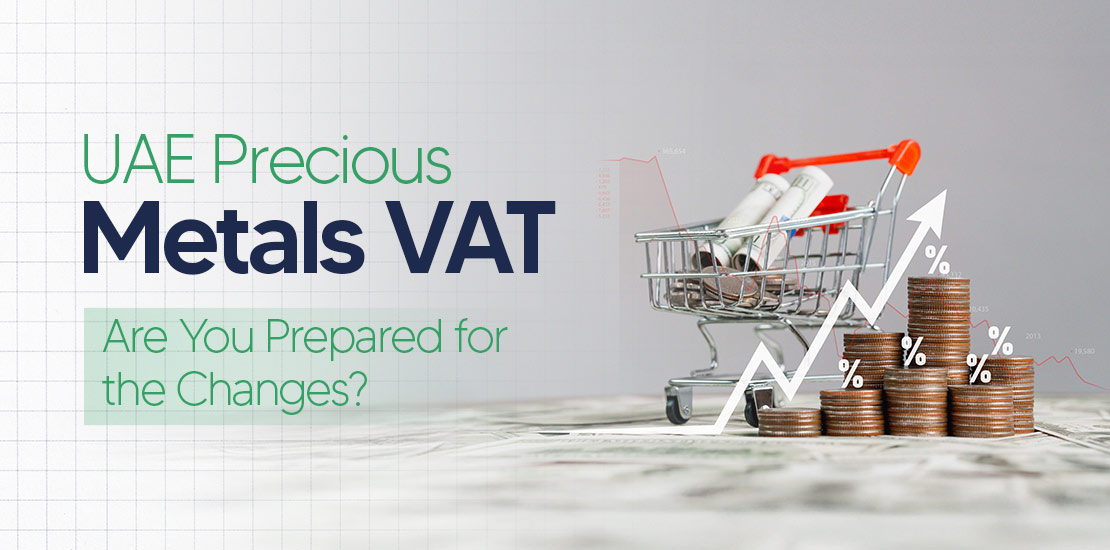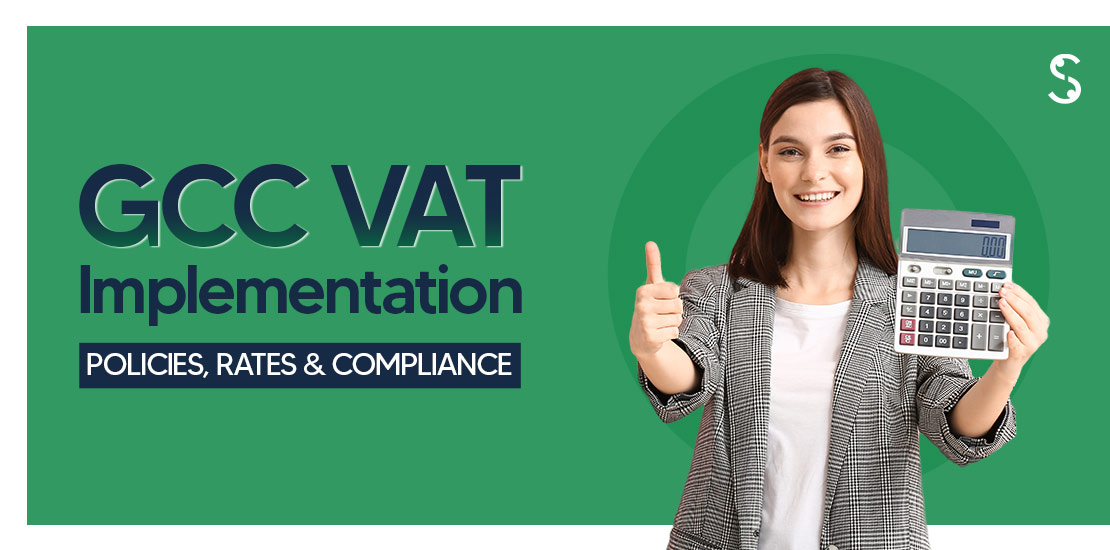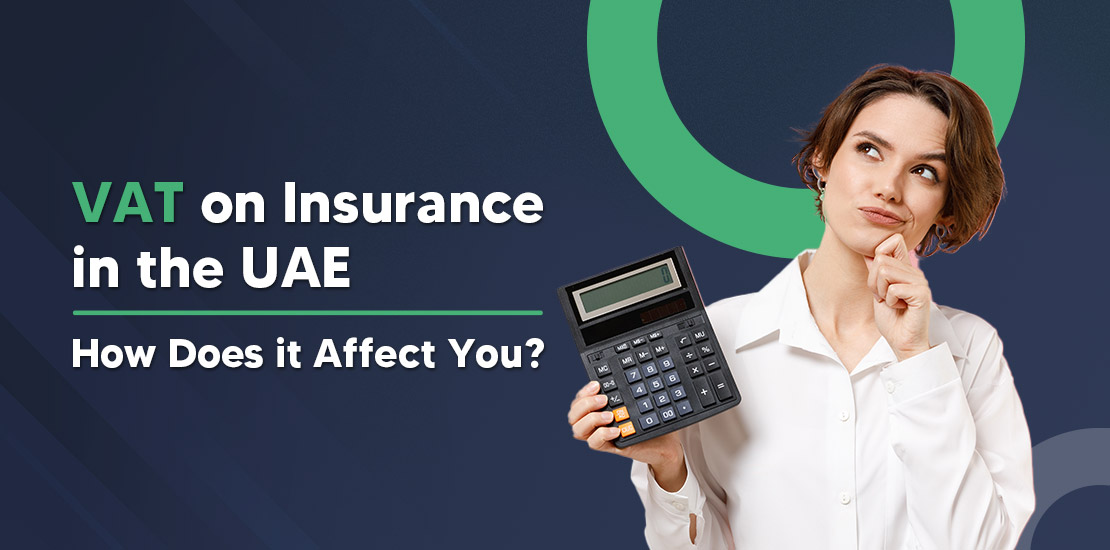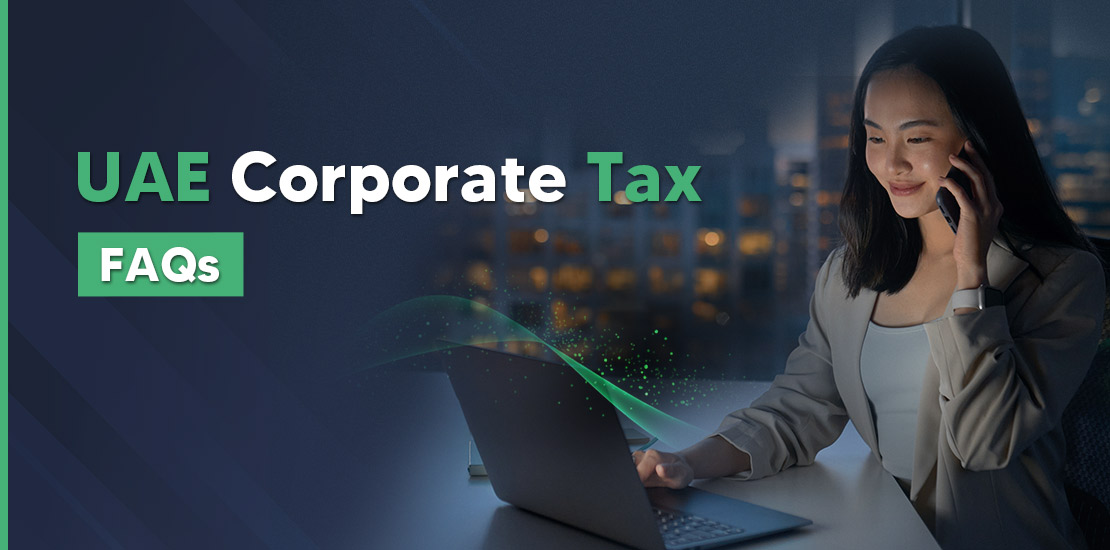Table of Contents
- What is ICV Certification in the UAE?
- Goals of the National ICV Program in the UAE
- Who Needs ICV Certificate in the UAE?
- What is an ICV Scores
- Tiers and ICV Scores
- Factors That Contribute to ICV Score
- How to Get an ICV Certificate in UAE? Step-by-Step Process
- Benefits of Obtaining ICV Certification in the UAE
- Get Expert Help with ICV Certification Today
- Frequently Asked Questions
In today’s competitive business landscape, it is essential for companies to differentiate themselves and showcase their commitment to the local economy. One way to do this is by obtaining ICV (In-Country Value) certification in Dubai.
ICV certificate in Dubai, UAE is a measure of the value that a company brings to the local economy through its operations and investments. By obtaining ICV certification, businesses can demonstrate their contribution to the development of the UAE and showcase their commitment to supporting local industries and businesses.
The benefits of obtaining ICV certification are numerous. Not only does it provide a competitive edge in the market, but it also helps businesses build stronger relationships with local partners and stakeholders.
So, let’s understand more about what ICV certification is, its purpose, and how businesses can obtain it.
What is ICV Certification in the UAE?
ICV (In-Country Value) Certification in the UAE is a program implemented by the Ministry of Industry and Advanced Technology (MoIAT) to assess a company’s contribution to the UAE economy. It essentially measures how much of a company’s operations benefit the UAE.
In-Country Value (ICV) refers to the value a company creates within the UAE. This includes factors like:
- Local spending on manufacturing and services
- Use of locally produced goods
- Investments within the UAE
- Hiring and training Emirati employees
Goals of the National ICV Program in the UAE
The National ICV Program has several goals:
1. Boost economic growth and diversification
By encouraging companies to invest and operate locally, the program aims to stimulate the UAE’s economy and reduce reliance on specific sectors.
2. Promote technology transfer and knowledge sharing
The program incentivizes companies to bring their expertise and technologies to the UAE, which can benefit local businesses and the workforce.
3. Create job opportunities for UAE nationals
By prioritizing the hiring and training of Emirati citizens, the program aims to increase employment opportunities for UAE nationals.
4. Support the development of local industries
The program encourages companies to source goods and services from local suppliers, strengthening domestic industries.
5. Attract foreign direct investment that contributes to in-country value
The program seeks to attract foreign investment that benefits the UAE economy, not just the investing company.
Who Needs ICV Certificate in the UAE?
ICV Certification in the UAE isn’t mandatory for all businesses, but it’s highly recommended for specific sectors and situations.
Mandatory:
- All suppliers and contractors directly working with the Abu Dhabi National Oil Company (ADNOC) and its subsidiaries.
Highly Recommended:
- Businesses aiming to participate in government tenders and contracts, especially in sectors like oil & gas, construction, transportation, and healthcare.
- Companies looking to establish a reputation for supporting the local economy and creating jobs in the UAE.
What is an ICV Scores
It’s a metric used to assess a company’s contribution to the UAE’s economy. The higher the score, the greater the perceived benefit the company brings to the country.
Tiers and ICV Scores
Tier 1 Suppliers: These are companies directly providing goods or services to government entities or program partners. Tier 1 suppliers typically need to declare their ICV score as a key part of the tender evaluation process.
Tier 2 and Below: While not always mandatory, obtaining an ICV certificate in Dubai can be beneficial for these suppliers (companies supplying to Tier 1) to improve their competitiveness in tenders.
During government tenders, companies submit bids. The ICV score becomes a factor considered alongside other bid criteria like price and technical expertise. A higher ICV score indicates a greater contribution to the UAE’s economy, making the bid more attractive and potentially increasing the chances of winning the tender.
Factors That Contribute to ICV Score
The ICV score in the UAE is a combination of several factors that reflect a company’s contribution to the local economy. Here are some of the key contributors:
1. Manufactured Goods (for companies with an industrial license)
The cost of goods manufactured within the UAE is a major factor. Local production creates jobs and boosts industrial development.
2. Third-party spending (for companies without an industrial license)
This refers to the company’s spending on goods and services procured from local suppliers. Prioritizing local vendors strengthens the domestic supply chain.
3. Emiratization
Hiring and training Emirati nationals is a significant contributor. The program aims to empower the local workforce and reduce dependence on expatriate labor.
4. Expatriate Contributions
While Emiratization is a focus, the overall size of the expatriate workforce is also considered.
5. Investments in the UAE
The net book value of a company’s assets in the UAE, like property, plant, and equipment, is a factor. This reflects the company’s long-term commitment to the country.
6. Revenue from Outside the UAE
Earning revenue through exports demonstrates the company’s contribution to the UAE’s overall economic activity.
How to Get an ICV Certificate in UAE? Step-by-Step Process
Here’s a step-by-step process for obtaining an ICV Certificate in Dubai, UAE:
1. Check Eligibility
Verify if ICV Certification is mandatory for your sector or if you’re aiming for tenders that emphasize ICV scores. It’s generally recommended for businesses in government contracting, oil & gas, construction, transportation, and healthcare.
2. Prepare Required Documents
Gather essential documents as per MoIAT guidelines, which may include:
- Audited financial statements compliant with International Financial Reporting Standards (IFRS) – not older than 2 years.
- Management accounts for new companies (less than 10 months old) – not older than 9 months.
- Proof of local spending on goods and services procured from UAE suppliers.
- Employee details highlighting the number of Emirati personnel.
- Details on any investments within the UAE (property, plant, equipment).
3. Select an ICV Certifying Body
Choose an accredited ICV certifying body approved by MoIAT. They will handle the evaluation and certificate issuance.
4. Complete the ICV Template
Download the ICV Template from the MoIAT website and fill it out based on your company’s data and the provided guidelines. Ensure figures align with your financial statements.
5. Submit for Evaluation
Submit the completed ICV template and all supporting documents to the chosen certifying body. They will assess your company’s ICV score based on MoIAT criteria.
6. Issuing the ICV Certificate
Upon successful evaluation, the certifying body will issue your official ICV Certificate in Dubai. This typically takes a few weeks.
Benefits of Obtaining ICV Certification in the UAE
Obtaining ICV Certification in the UAE offers several advantages for businesses, especially those looking to expand their operations or participate in government projects.
1. Strong Advantage in Government Tenders
Especially in sectors like oil & gas, construction, transportation, and healthcare, government tenders often prioritize companies with high ICV scores.
2. Signals Commitment to UAE’s Development
An ICV certificate showcases your company’s positive contribution to the UAE’s economic growth and diversification goals. This can attract potential business partners, investors, and clients.
3. Long-Term Partnerships
Building a strong ICV profile can lead to long-term partnerships and collaborations with government entities, major corporations, and other stakeholders in the UAE.
4. Improved Supply Chain Efficiency
The focus on local sourcing encouraged by ICV can help companies optimize their supply chains and potentially reduce costs.
5. Potential Financial Incentives
The UAE government is also planning to introduce potential financial incentives like tax breaks or grants for companies with high ICV scores. An ICV certification positions you to benefit from such future programs.
Get Expert Help with ICV Certification Today
Now you know ICV certification is a crucial requirement for businesses in the UAE looking to participate in government contracts. It not only showcases a company’s commitment to supporting the local economy but also opens up opportunities for government contracts.
While the application process may involve compiling documents and meeting specific criteria, seeking guidance from a qualified tax advisor can ensure a smooth and efficient experience. Shuraa Tax, a group of knowledgeable and qualified accountants, auditors, and tax advisors in Dubai, UAE, can assist you with understanding the ICV program, gathering the necessary documentation, and completing the application process successfully.
Contact Shuraa Tax today at +971508912062 or info@shuraatax.com. to learn more about how ICV certification can benefit your business in the UAE.
Frequently Asked Questions
1. How is the ICV Score Calculated for an ICV Certificate?
Your ICV score is a combination of several factors that reflect your company’s contribution to the UAE economy. This generally includes:
- Economic Contribution
- Workforce and Talent Development
- Investment (property, plant & equipment)
- Revenue from exports
2. Is there an eligibility criterion to get ICV certification?
ICV certification isn’t mandatory for all businesses. However, it’s mandatory for companies working directly with ADNOC (Abu Dhabi National Oil Company) and its subsidiaries must have ICV certification. Businesses aiming to participate in government tenders (especially in oil & gas, construction, transportation, and healthcare) are strongly encouraged to get certified.
3. Can foreign companies obtain ICV Certification?
Yes, foreign companies operating in the UAE can obtain ICV certification. The program encourages foreign companies to contribute to the local economy through local hiring, sourcing from UAE suppliers, and investing within the country.
4. How long does the ICV certification process take?
The processing time for ICV certification typically takes 7 to 14 working days, assuming you provide all the required information promptly to the certifying body.
5. How long is an ICV certificate valid?
The ICV certificate is valid for 14 months from the date your audited financial statements are issued. During this period, companies can apply for recertification with the same financial statements, but the validity remains 14 months from the initial issuance.
6. What is the cost of obtaining ICV (In-Country Value) Certification in UAE?
There isn’t a fixed price for obtaining ICV certification in the UAE. The cost typically varies depending on a few key factors such as company size, certifying body, and application complexity.



